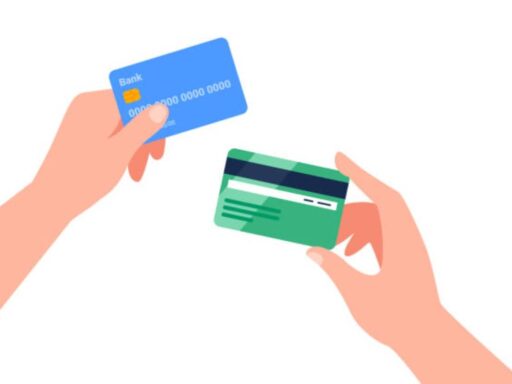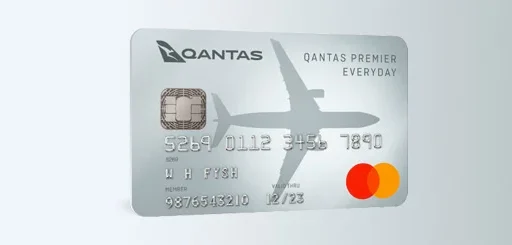Thinking about canceling a credit card? You’re not alone. Whether it’s due to high fees, a lack of use, or simply wanting to simplify your finances, many of us find ourselves in this position. But before you pick up the phone or click that cancel button, it’s crucial to understand the implications and the steps involved.
In this guide, I’ll walk you through how to cancel a credit card effectively and when it might be the right move for you.
When You Should Consider Canceling a Credit Card
Before diving into the cancellation process, let’s discuss when it makes sense to cancel a credit card. Here are a few scenarios where you might want to consider it:
1. High Annual Fees
If your credit card comes with a hefty annual fee that you’re not benefiting from, it might be time to cancel. Ask yourself:
- Do the rewards justify the cost? If not, you might be better off without it.
2. Unused Cards
If you have a credit card that you haven’t used in ages, keeping it open might not be necessary. However, consider:
- Is it affecting your credit utilization? If it has a high limit, closing it could impact your credit score.
3. Temptation to Overspend
Sometimes, having multiple credit cards can lead to overspending. If you find yourself reaching for the card more often than you’d like, it might be time to cut back.
4. Separation or Divorce
In the case of a separation or divorce, it’s often wise to close joint credit accounts to avoid any potential financial pitfalls.
How to Cancel a Credit Card: Step-by-Step Guide
If you’ve decided that canceling your credit card is the right choice, here’s a straightforward process to follow:
Step 1: Pay Off Your Balance
Before you do anything, make sure your credit card balance is at zero. This is crucial because:
- Avoid Future Payments: You don’t want to be stuck with a balance after canceling.
Step 2: Cancel Recurring Payments
Check if you have any automatic payments linked to the card. If so, update those payment methods to avoid missed payments, which can hurt your credit score.
Step 3: Redeem Rewards
If your card offers rewards, make sure to redeem any points or cash back before canceling. Some rewards may expire once the account is closed.
Step 4: Contact Your Issuer
You can cancel your card in a couple of ways:
- Call Customer Service: Use the number on the back of your card to speak with a representative.
- Online Cancellation: Some issuers allow you to cancel through their website.
Step 5: Follow Up in Writing
After canceling, it’s a good idea to send a written confirmation to your issuer. This helps ensure there’s a record of your request.
Step 6: Check Your Credit Report
After about 30 days, check your credit report to confirm that the account is marked as closed. This is important for your records.
Step 7: Destroy Your Card
Finally, cut up your card to prevent any future use. This simple step can help protect you from fraud.
Does Canceling a Credit Card Hurt Your Credit Score?
You might have heard that closing a credit card can negatively impact your credit score, and there’s some truth to that. Here’s how:
- Credit Utilization: Closing a card reduces your overall credit limit, which can increase your credit utilization ratio if you have outstanding balances on other cards.
- Length of Credit History: While closing a card won’t immediately remove it from your credit report, it can affect the average age of your accounts in the long run.
Key Factors to Consider
- Payment History: This is the most significant factor in your credit score. As long as you’ve been paying on time, you’re in a good place.
- Credit Mix: Having a variety of credit types can be beneficial. If you’re canceling a card, consider how it fits into your overall credit profile.
Canceling a credit card can be a smart move when done thoughtfully. Whether you’re looking to cut costs, simplify your finances, or curb overspending, understanding the implications is key.
By following the steps outlined above, you can ensure that you navigate the process smoothly and maintain your credit health. Always remember to weigh the pros and cons before making your final decision. If you’re unsure, it might be worth exploring options like downgrading your card or negotiating with your issuer instead of outright cancellation.




